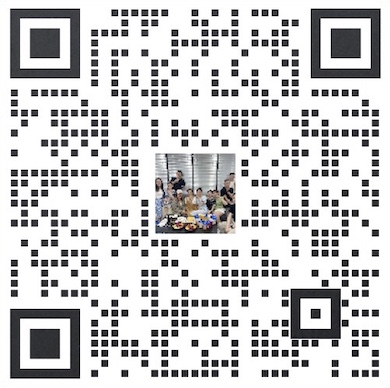
7x9小时
9:00am - 6:00pm
免费售前热线
13338363507
Data Ownership and Access Control: Establishing Clear Protocols in CRM Systems
2024-02-06
In today's digital age, data ownership and access control are critical components of customer relationship management (CRM) systems. With the increasing amount of data being collected and stored by businesses, it is essential to establish clear protocols for data ownership and access control to ensure the security and privacy of customer information.
Data ownership refers to the rights and responsibilities associated with the data collected and stored within a CRM system. It is important for businesses to clearly define who owns the data and how it can be used. This includes establishing guidelines for data collection, storage, and usage, as well as determining who has the authority to access and modify the data.
Access control, on the other hand, refers to the mechanisms and policies put in place to regulate who can access the data within the CRM system and what level of access they have. This is crucial for protecting sensitive customer information and preventing unauthorized access or misuse of data. Access control measures may include user authentication, role-based access control, and encryption to ensure that only authorized individuals can access the data and that their access is limited to what is necessary for their role.
Establishing clear protocols for data ownership and access control in CRM systems is essential for several reasons. Firstly, it helps to protect the privacy and security of customer information. With the increasing number of data breaches and cyber-attacks, businesses must take proactive measures to safeguard the data they collect and store. By clearly defining data ownership and access control protocols, businesses can ensure that customer data is only accessed and used by authorized individuals for legitimate purposes.
Secondly, clear protocols for data ownership and access control can help businesses comply with data protection regulations and industry standards. With the introduction of regulations such as the General Data Protection Regulation (GDPR) and the California Consumer Privacy Act (CCPA), businesses are required to implement strict data protection measures and provide transparency around how customer data is collected and used. By establishing clear protocols for data ownership and access control, businesses can demonstrate their commitment to protecting customer privacy and complying with relevant regulations.
Furthermore, clear protocols for data ownership and access control can also help to build trust and credibility with customers. When customers know that their data is being handled responsibly and securely, they are more likely to feel confident in sharing their information with the business. This can lead to stronger customer relationships and increased loyalty, as customers are more likely to engage with a business that they trust to protect their data.
In conclusion, data ownership and access control are critical aspects of CRM systems that businesses must carefully consider. By establishing clear protocols for data ownership and access control, businesses can protect customer information, comply with regulations, and build trust with their customers. It is essential for businesses to prioritize data security and privacy in order to maintain a positive reputation and ensure the long-term success of their CRM systems.
↓Scan code to addqiqueadviser↓

↑Learn more digital scenes↑
Extended Reading:
Consent Management in CRM: Navigating Privacy Regulations in Social Media Transparency in CRM-Social Media Processes: Communicating Policies Ethical Considerations in Social CRM: Building Trust with Users GDPR Compliance in CRM-Social Media Integration: Protecting Customer Privacy CRM-Social Media Integration for Cross-Sell and Upsell Opportunities Cross-Channel Marketing: Ensuring Consistency Across CRM and Social Media Integrating Social Media Analytics with CRM: Maximizing Data Insights CRM-Driven Personalized Campaigns: Targeting Audiences on Social Media Social CRM in Influencer Marketing: Leveraging Connections for Brand Growth Collaborative Forecasting: Integrating Marketing Insights into CRM more>>
Useful
Useless
Share on WeChat
Open within mini program
![]()
Open WeChat to "scan" and forward to friends
Open WeChat "Scan" and open it in the mini program
关闭预览


